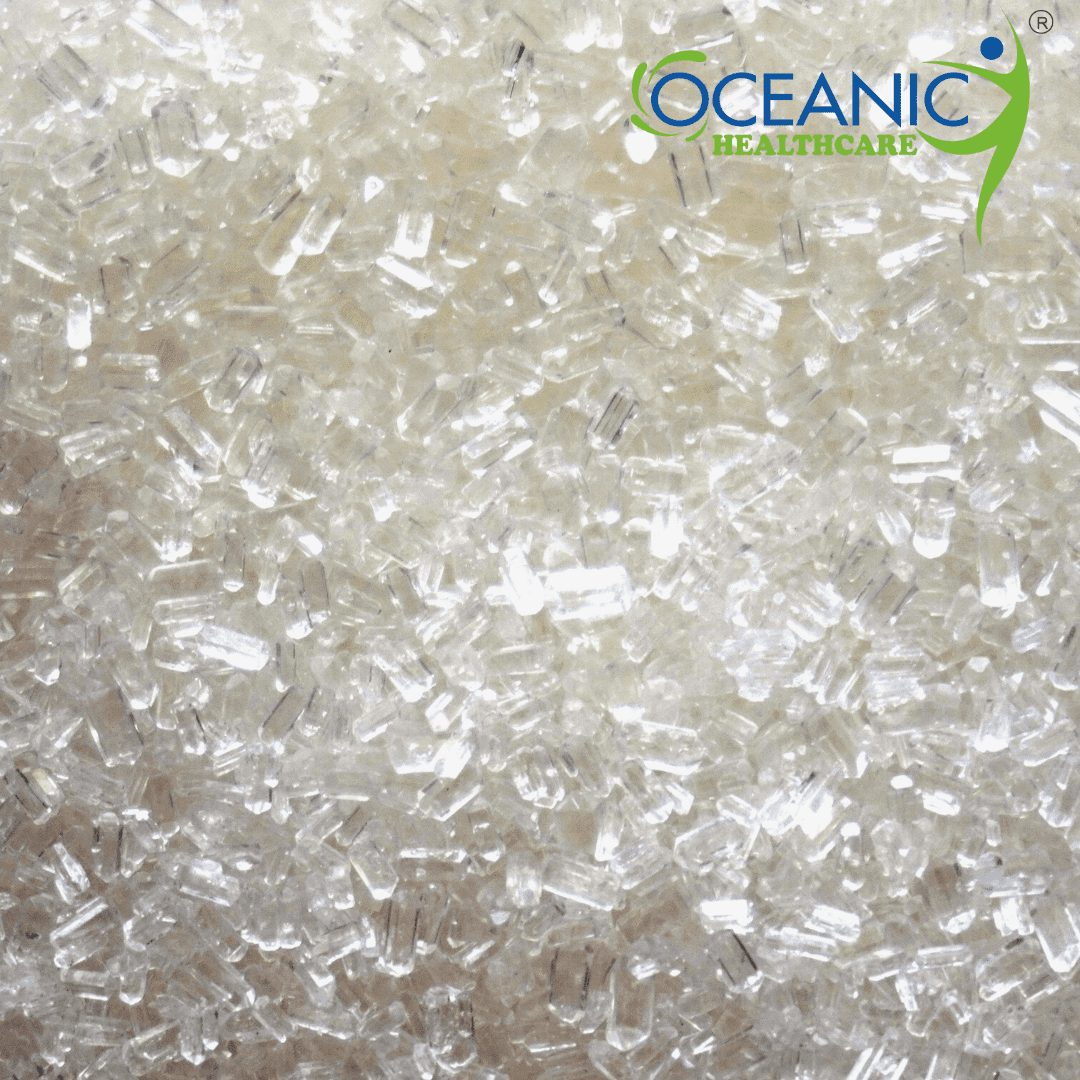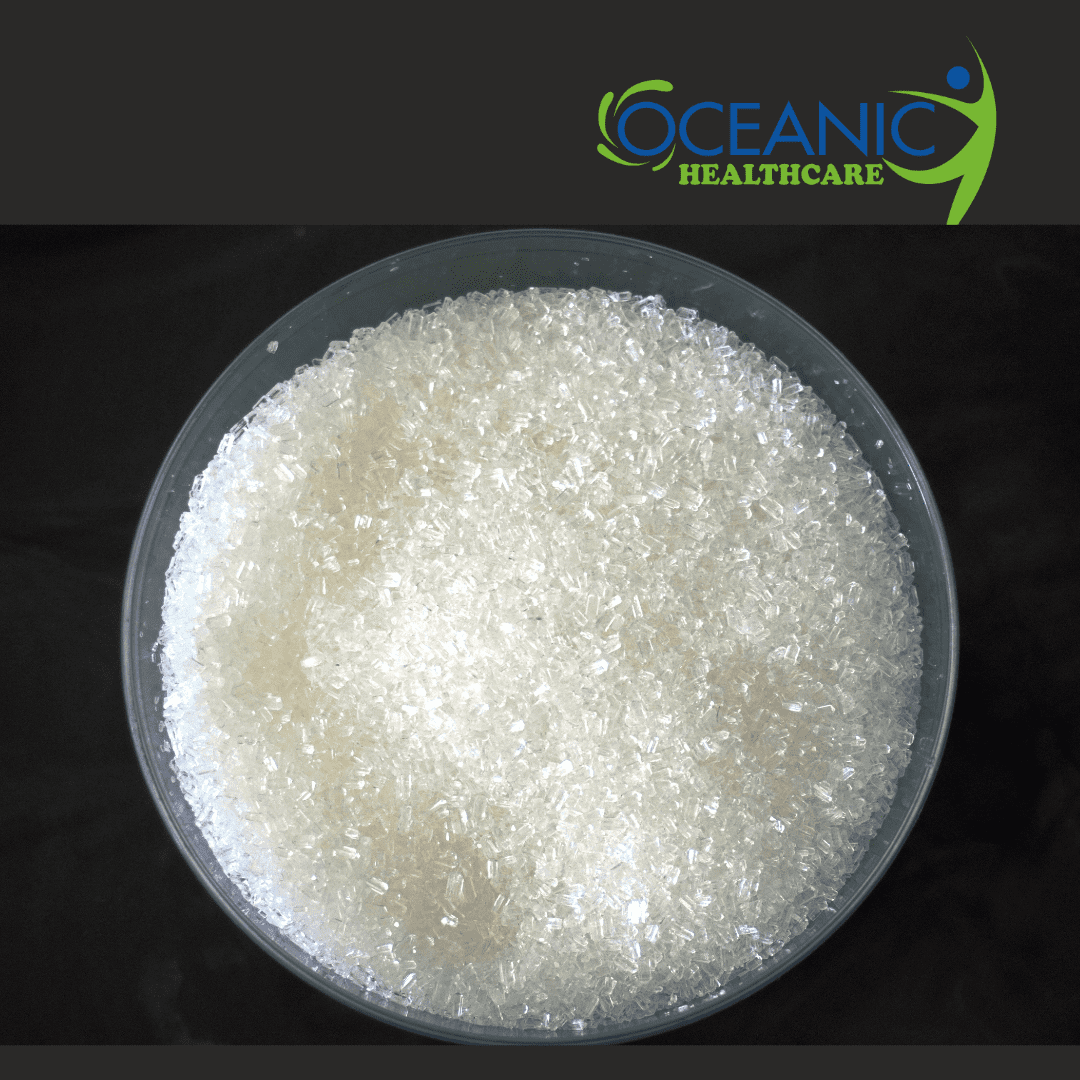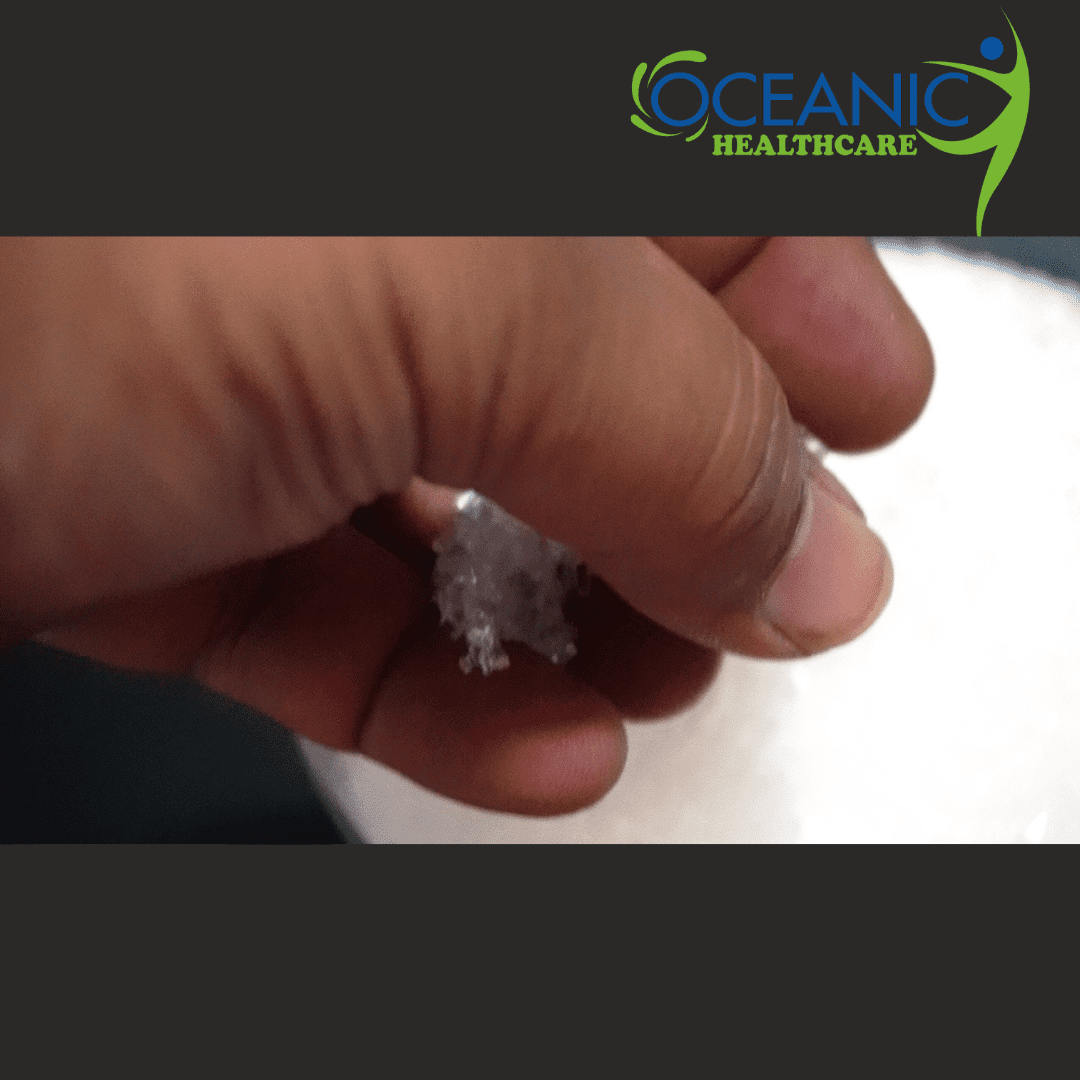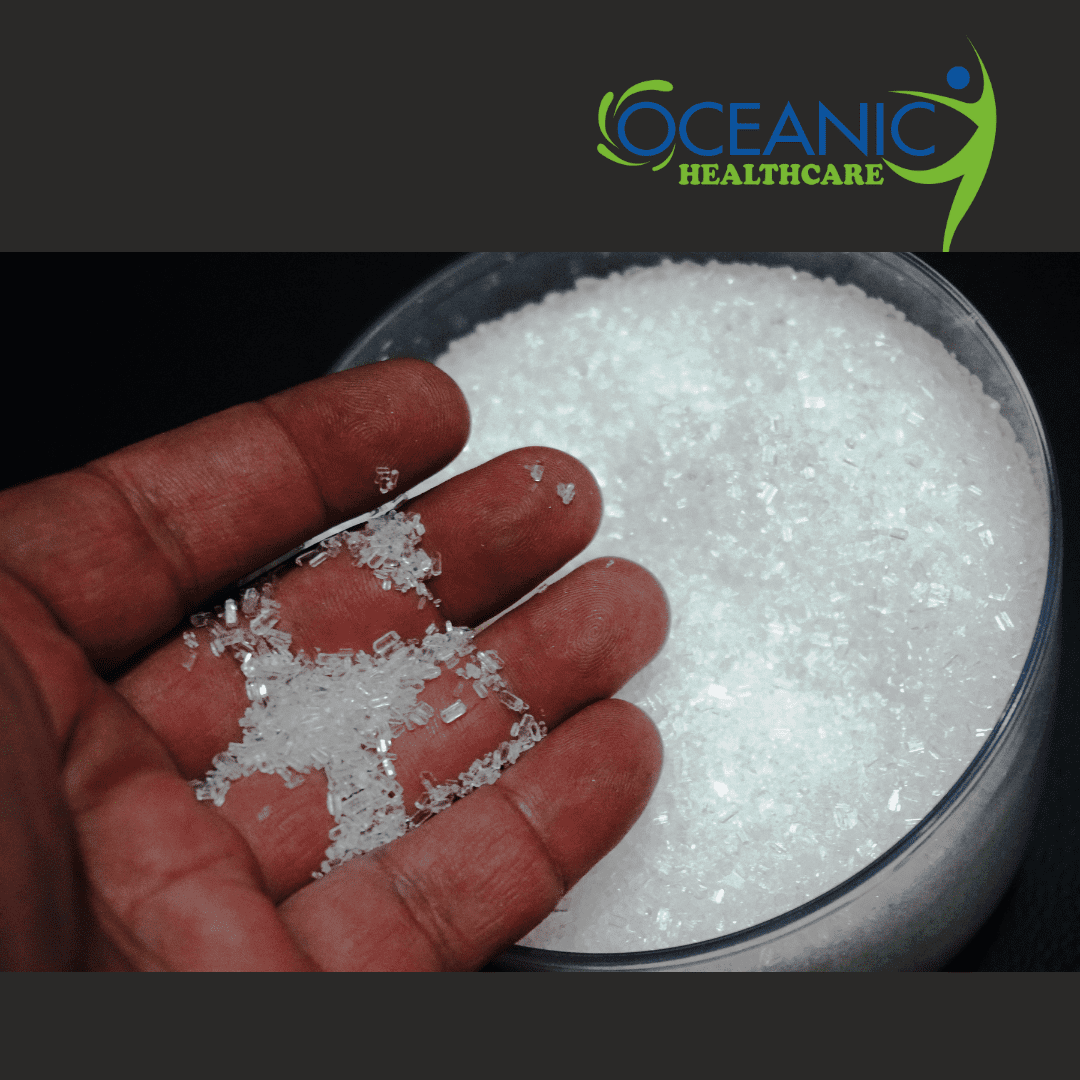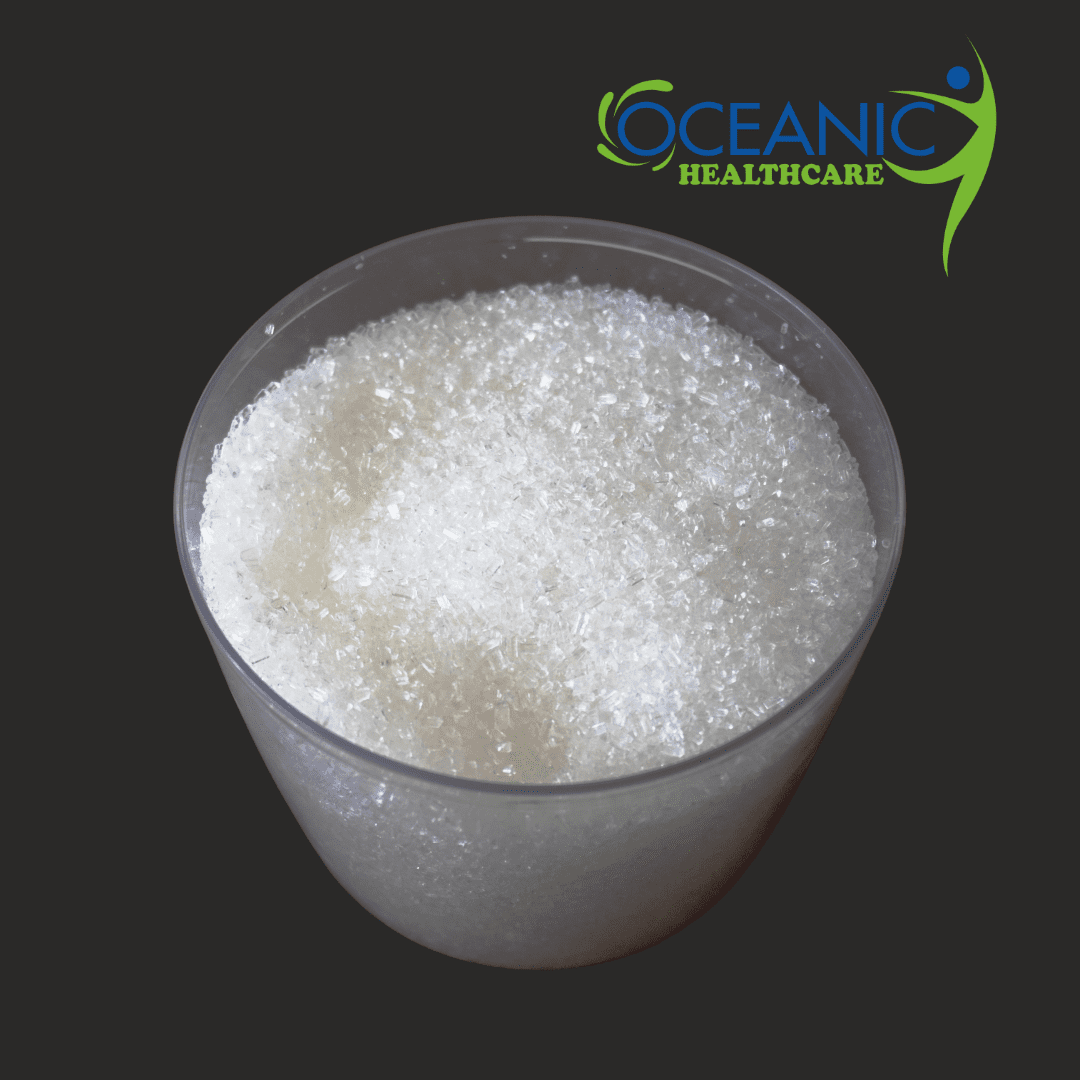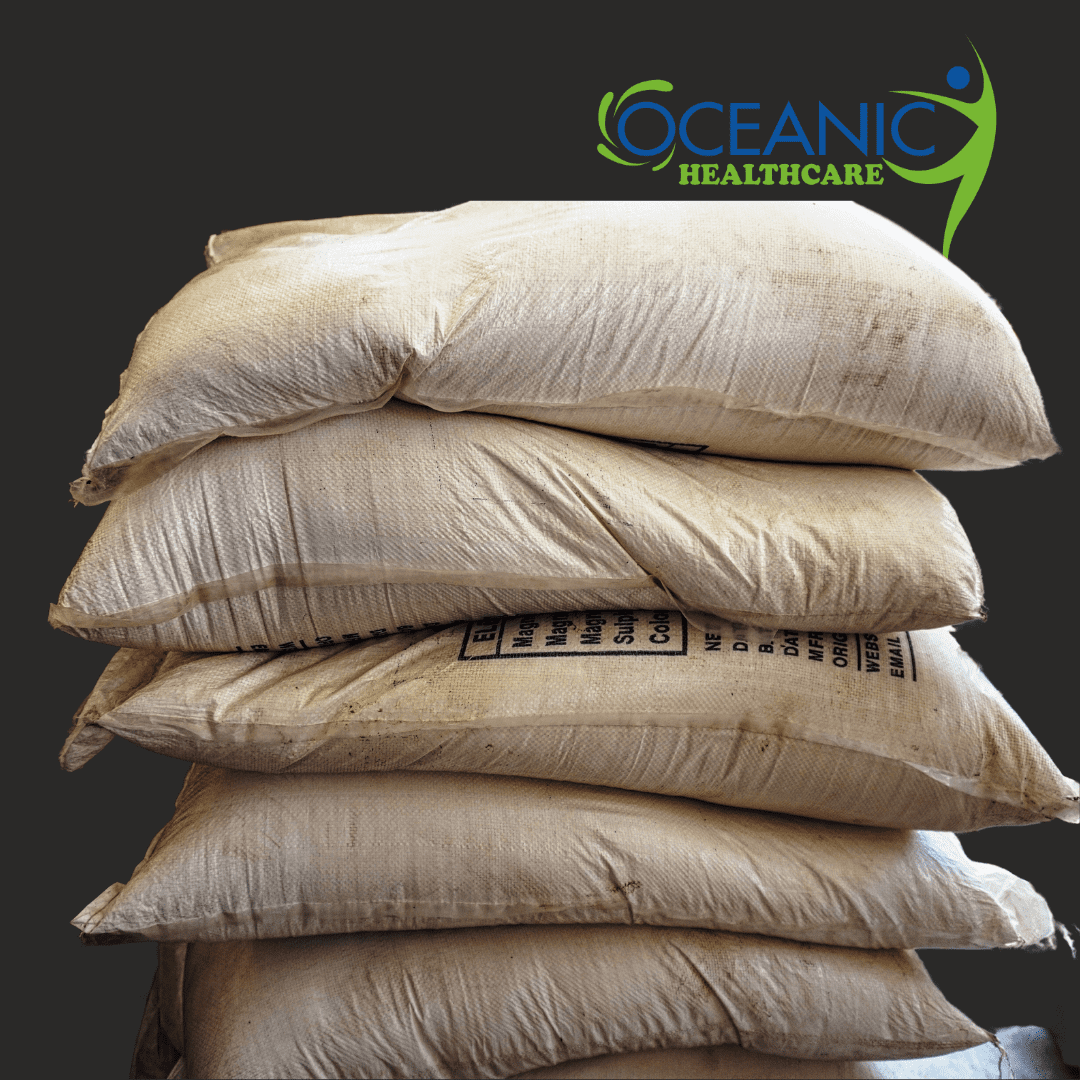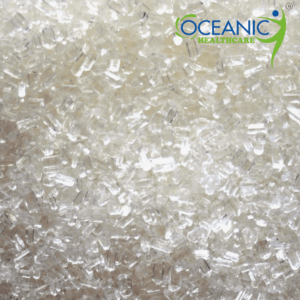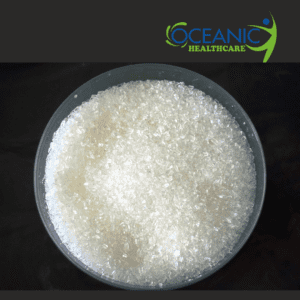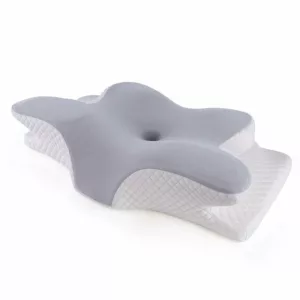Need help? Call us:
+91 7397570975
+91 7667076679
+91 9789667896
- Acupressure Products
- Acupuncture products
- Adult Walkers
- Air Beds and Water Beds
- Back, Seat and Neck Cushions
- Backrest for Bedridden
- Bath Aides
- Beauty Products
- Bed Side Locker
- Bed Side Screen
- Commode Stools and Chairs
- Cupping Therapy Products
- Detox Products
- EMS Massagers
- Examination Tables
- Exercise and Fitness Products
- Eye Masks & Face Masks
- Foot and Leg Massagers
- Foot Care Products
- Foot Stepper
- Gel Ice Packs
- Hand Massagers
- Head and Eye Massagers
- Hospital Revolving Chairs
- Hot and Cold Packs
- IV Stands
- Lumbar Supports
- Magnetic Therapy Products
- Massage Chairs
- Massage Cushions for Car and Home
- Massage Tables
- Meters and Monitors
- Moxa Sticks
- Naturotherapy Products
- Orthopedic Products
- Overbed Table
- Patient and Elder Cot Series
- Physiotherapy Products
- Recreational Products
- Shower Chairs for Elders and Patients
- Steam Therapy Products
- Stretcher
- Tens Machines
- Thermal Massage Beds
- Trolleys
- Uncategorized
- Walking Aides
- Wash Basin Stand
- Wheel Chairs
Experience Ultimate Relaxation with Pure Epsom Salt
₹599.00 Original price was: ₹599.00.₹299.00Current price is: ₹299.00.
Have any Questions?
Feel free to Get in touch
Introducing the revolutionary Hip Bathtub for Naturopathy hydrotherapy, your ultimate solution for targeted wellness and profound relief right in the comfort of your home. Crafted from premium Fiberglass Reinforced Plastic (FRP), this exceptional bathtub is not just built for durability but engineered to deliver a therapeutic experience that truly transforms your self-care routine. Embrace the ancient wisdom of naturopathy combined with modern comfort, designed specifically to address a range of common discomforts.
Unlock Natural Healing with a Specialized Hip Bathtub for Naturopathy
Naturopathy emphasizes the body’s inherent ability to heal itself through natural methods. Hydrotherapy, particularly a hip bath, is a cornerstone of this approach, offering localized treatment to the lower abdomen and hip area. Our premium Hip Bathtub for Naturopathy is meticulously designed to facilitate these powerful healing sessions, promoting blood circulation, reducing inflammation, and soothing discomfort effectively.
Targeted Relief: Key Benefits of Your FRP Hip Bathtub
This specialized bathtub focuses on providing significant relief for several conditions, making it an indispensable addition to your wellness arsenal:
- Hemorrhoid Relief: Experience soothing comfort and reduce inflammation associated with hemorrhoids. The warm or cool water immersion can alleviate pain and promote healing.
- Constipation Aid: Gentle hydrotherapy around the abdominal region can stimulate bowel movements and offer relief from chronic constipation.
- Menstrual Pain Management: Ease the discomfort of menstrual cramps and pelvic pain through targeted warmth and relaxation.
- Postpartum Comfort: Ideal for new mothers seeking gentle, natural relief and healing in the perineal area after childbirth.
- Urinary Tract Health: Can help soothe discomfort and support overall urinary tract wellness.
- General Pelvic Health: Promotes improved circulation and muscle relaxation in the entire pelvic region.
Unmatched Quality & Design: Features of Our Premium Hip Bathtub for Naturopathy
Our commitment to your well-being is reflected in every aspect of this exceptional product:
Durable FRP Construction for Lasting Performance
Unlike standard plastic tubs, our Hip Bathtub for Naturopathy is constructed from high-quality Fiberglass Reinforced Plastic (FRP). This material is renowned for its superior strength, resistance to corrosion, and longevity. It ensures your investment will withstand regular use, maintaining its integrity and aesthetic appeal for years to come. The robust build provides a stable and safe platform for your therapeutic sessions.
Ergonomic Comfort & Easy Maintenance
Your comfort is paramount. The bathtub features an ergonomic design that cradles your body, allowing for maximum relaxation during your hydrotherapy session. The smooth, non-porous surface of the FRP material is incredibly easy to clean and maintain, ensuring optimal hygiene with minimal effort. Simply wipe it down after each use, and it’s ready for your next session.
Personalized Hydrotherapy Experience
While the core benefits of a hip bath are inherent, personalization enhances the experience. The design allows for easy integration with external temperature control systems, letting you adjust water temperature to your precise preference for optimal relaxation and therapeutic effect. Whether you prefer a soothing warm bath or a refreshing cool one, this Hip Bathtub for Naturopathy adapts to your needs.
Integrating Your Hip Bathtub into Your Daily Wellness Routine
Incorporating a hip bath into your routine is simple and rewarding. Typically, sessions can range from 10 to 30 minutes, depending on your comfort and the specific therapeutic goal. Consult with a naturopathic practitioner for personalized advice on water temperature, duration, and frequency to maximize the benefits of your Hip Bathtub for Naturopathy. Regular use can significantly contribute to your overall health and vitality.
Invest in Holistic Health with a Naturopathy Hip Bathtub
Transform your approach to self-care and embrace the profound healing power of hydrotherapy. Our Premium FRP Hip Bathtub for Naturopathy offers a natural, effective, and comfortable way to address common ailments and promote holistic well-being. Don’t just treat symptoms; empower your body’s natural healing processes. Invest in this essential wellness tool today and embark on a journey towards lasting comfort and health. Experience the difference a dedicated hip bath can make!
Related products
Premium Quality Plastic Enema Can Kit for Safe and Effective Detox Cleansing
Premium FRP Hip Bathtub for Naturopathy Hydrotherapy
Apple-Shaped 8-Ball Massager : Ultimate Relaxation Solution
Advanced C11 Hand Exercise Therapy Robot Glove for Stroke Rehabilitation
You may add any content here from XStore Control Panel->Sales booster->Request a quote->Ask a question notification
At sem a enim eu vulputate nullam convallis Iaculis vitae odio faucibus adipiscing urna.

